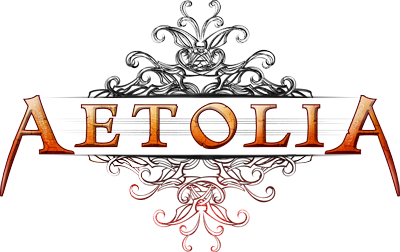3.11.1 Writing Commands
Whether you are an aspiring author, a bard who needs a place to preserve your rhyme for the future, or a novice who wants to make a shopping list for those many promotion requirements, at some time in your life you will most likely have the need to write something down. Fortunately, you have a number of readily available options!
The first thing you will need is something to write on. You have your choice of several items. Here is a list, along with some notes on their particulars.
Journals
--------
A journal may only be written in by the person who owns it, though it may be read by anyone. Journals have 50 pages upon which to write. Each page can hold a limited (though still fairly large) amount of text. Journals can also be titled whatever you like.
The biggest advantage a journal holds over other media for writing is that a journal never decays.
If you lose your journal (or if you want additional journals), you can purchase a new one in various shops across Sapience, but they have a hefty price.
Books
-----
Books can be created by woodcrafters, who can then sell them at whatever price they desire. Like journals, books have 50 pages that you can write on, and they can also be titled. Anyone can write in a new book; however, once it has been written in, only that person may write in it again.
A difference between books and journals is that books will decay eventually unless preserved in a library.
Scrolls
-------
Scrolls work a bit differently. A scroll is only one page, and it cannot be titled. Also, a scroll can only be written in once, after which it contracts to fit the text and will not allow any future writing. As it is only one page, bookmarks (see below) have no effect on it.
Letters
-------
You can also write and send letters. They work like scrolls, except that after being written, they can be sent via the mail from any mailroom or post office in the realm to any other player. For more information about their particulars, see HELP LETTERS.
The following commands can be used to interact with all of the above mentioned items.
TITLE <journal/book> <title> : Title your journal or book.
BOOKMARK <journal/book> PAGE <#> : Place the bookmark on whatever page
you wish. Doing so will cause the
READ and WRITE commands to operate on
that page, if no page number is
specified. By default, the bookmark
is placed on page 1.
READ <object> [PAGE <#>] : This would allow you to read the
specified page in the specified item.
If you omit the PAGE <#>, then it
will read, by default, the page that
the bookmark is on. Remember that
scrolls and letters are only one
page, thus do not need the PAGE
specified.
WRITE <object> [PAGE <#>] : This would open the composer (see
HELP COMPOSER) and allow you to
write on the specified page of the
specified item. If you omit the PAGE
<#>, then it will write on, by
default, the page that the bookmark
is on. Remember that scrolls and
letters are only one page, thus do
not need the PAGE specified.
WRITE <object> IN <language> : Write in a particular language, given
that you possess adequate ability in
Linguistics.
PUBLISH <book/journal> : Publishes your book, preventing any
further modifications and allowing
it to be placed within a library
TRANSCRIPTION
-------------
You can also transcribe the contents of a letter into another letter, a journal, or a book, for ease of recordkeeping.
This requires and costs balance and adheres to other reading/writing restrictions.
Simply TRANSCRIBE <letter> ONTO <book/letter> [PAGE <page>]
Note: This appends to the page, it does NOT overwrite.
See also: COMPOSER, LETTERS, LIBRARIES, NEWS, WOODCRAFT